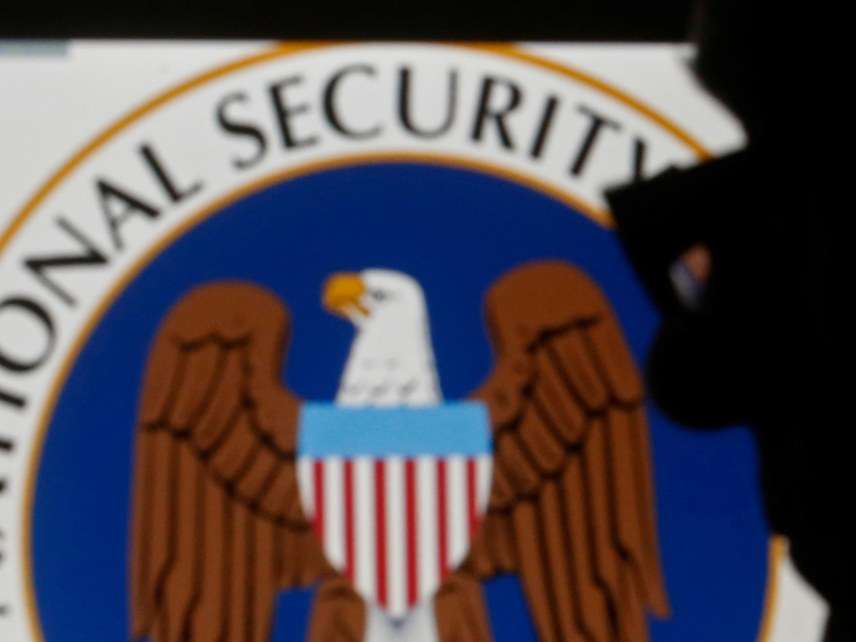NSA Gets Honest About Its Lack of Honesty
The surveillance agency's mission statement is updated to reflect reality: It doesn't answer to you.

The Intercept's Jean March Manach has noticed a subtle change in the National Security Agency's mission statement: The snoops there are no longer promising to be honest, and they're dialing back the transparency talk.
On January 12, Manach explains,
the NSA removed the mission statement page—which can still be viewed through the Internet Archive—and replaced it with a new version. Now, the parts about honesty and the pledge to be truthful have been deleted. The agency's new top value is "commitment to service," which it says means "excellence in the pursuit of our critical mission."
Those are not the only striking alterations. In its old core values, the NSA explained that it would strive to be deserving of the "great trust" placed in it by national leaders and American citizens. It said that it would "honor the public's need for openness." But those phrases are now gone; all references to "trust," "honor," and "openness" have disappeared.
There's an absurd paradox here that approaches a Zen koan: By eliminating these references to honesty, trust, and openness, the NSA is now actually more honest and open about what it actually does—secretly spy on people, including American citizens, and resist any effort to let us know how extensive the surveillance is.
Manach further frets that the NSA's mission statement has been changed to say it will be transparent to "those who authorize and oversee NSA's work on behalf of the American people" instead of to the people themselves.
Part of the NSA's role will always be intentionally shrouded in secrecy as it keeps tabs on suspected terrorists and foreign agents. How far that secrecy should extend is up for debate, but the new mission statement makes it clear that the general public is not expected to be part of that debate.
Don't forget that this agency once promised to reveal roughly how many Americans have had their communications collected through the NSA's secret surveillance. It has since backtracked and refuse to provide even a number.
But then, it's also an open debate as to how "open" the NSA will actually be to "those who authorize and oversee NSA's work." One reason Edward Snowden decided to come forward and blow the whistle on secret NSA surveillance of Americans is because former Director of National Intelligence James Clapper lied about it in Senate testimony while under oath. Time is running out to hold Clapper criminally responsible for his perjury.
In the meantime, far too much of the debate over the feds' secret surveillance tactics is focused exclusively on how those tactics affect President Donald Trump and his former campaign staff, as opposed to how they affect everyone. A change of mission statement means nothing, because nobody actually knows or cares that mission statements even exist. It's the actual behavior that matters, and unfortunately Congress has shown very little interest in forcing the NSA—or FBI—to be more honest and open about its surveillance. Except when it involves Trump.


Show Comments (29)